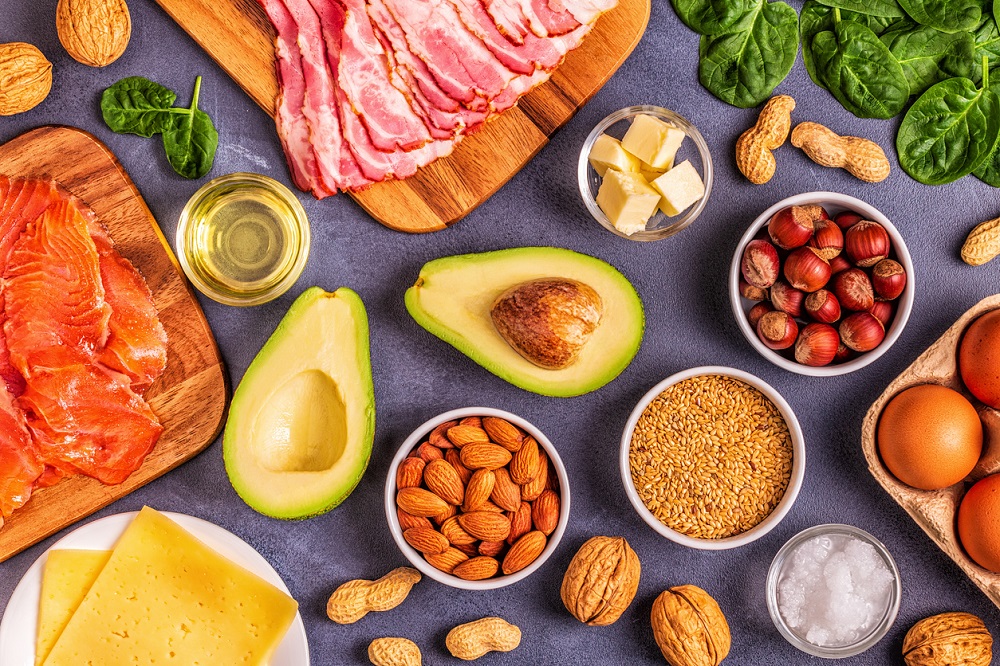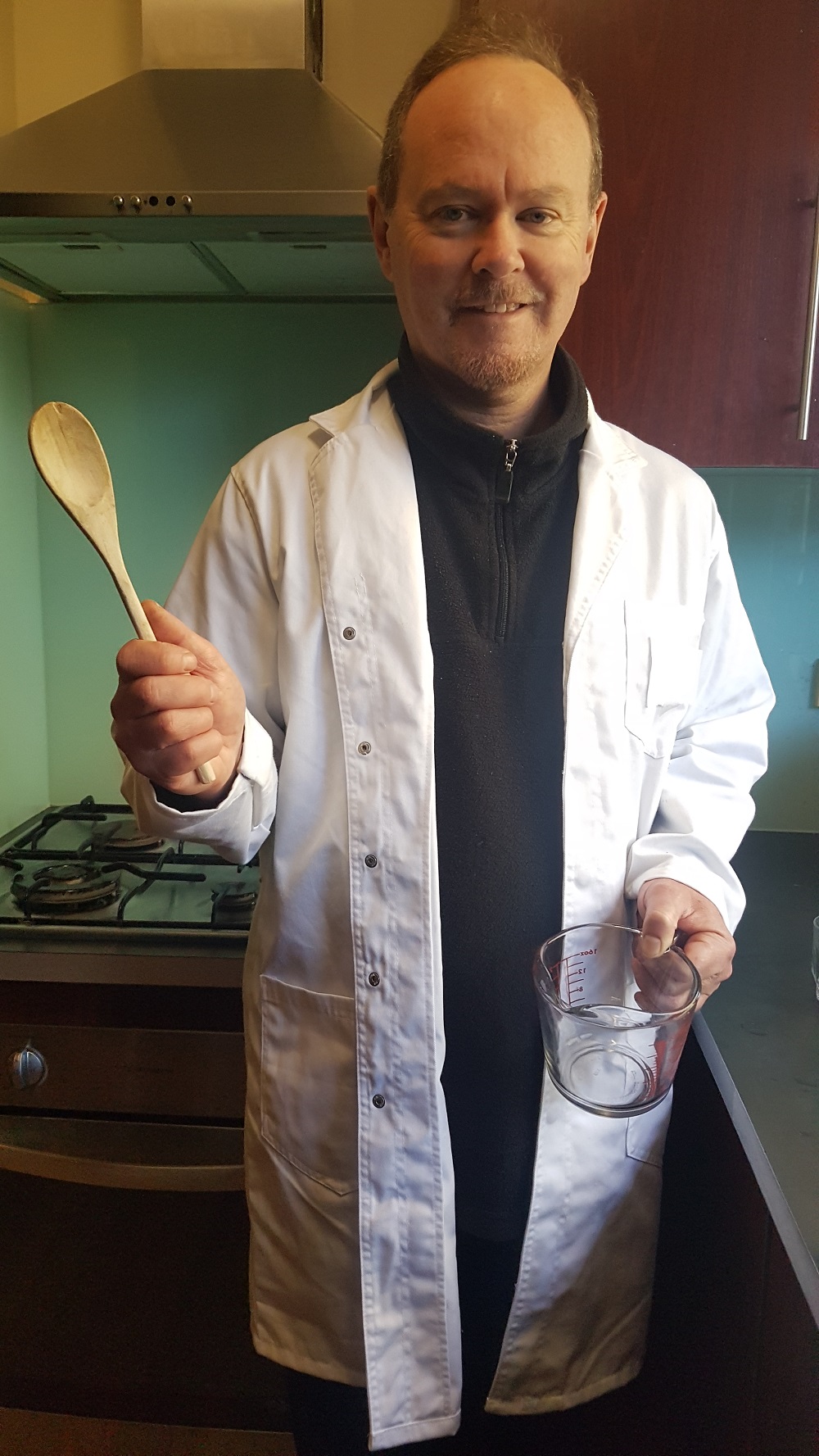Suzanne Lazaroo
24 June 2022: A University of Canberra researcher is investigating the intricacies of the appetite, in a study designed to determine how certain foods interact to make someone feel full.
Lead researcher of the study and PhD student at the Faculty of Health, Andrew Warrilow, wants to know if altering the composition of someone’s diet can help them feel satiated even after eating less – which could impact the prevention, maintenance and treatment of overweight and obesity.

“Satiation refers to the number of kilojoules someone needs to consume when they are eating, in order to feel full,” he said. “This study will look at how macronutrients – fat, protein and carbohydrates – interact, to vary their ability to satiate.
“Finding a way to improve satiation response may allow individuals to get greater satisfaction from their food intake per unit of energy consumed – which potentially means they can feel full even though they are eating less.”

Mr Warrilow said that this research could also lead to better understanding of the causes and originating factors of weight gain.
“The prevalence of obesity is increasing globally – the rate of overweight and obesity is a major public health issue in Australia, which cuts across age and socioeconomic groups,” he said.
“In 2012, almost two in three Australian adults were overweight or obese. Chronic diseases associated with these two conditions include many of the leading causes of morbidity, mortality and chronic illnesses.
Mr Warrilow is currently looking for study participants, with the research to be conducted at the food lab at the University’s Bruce campus.
“At this point, we’re looking for participants who are male – because women’s appetites are also influenced by their hormonal cycles – and aged between 18 and 40,” he said.
“They should be in good health, non-smokers and with no existing food allergies and they should fall within the normal weight range.”
For the study, participants will be asked to eat a provided breakfast on four different days, which will be a minimum of one week apart.
“It’s all-natural food that will be provided – nothing artificial – and participants will get to learn about their own appetite responses as well,” Mr Warrilow said.
The study will run until October 2022. To sign up as a participant or find out more, email andrew.warrilow@canberra.edu.au or call 0434 250 436.


